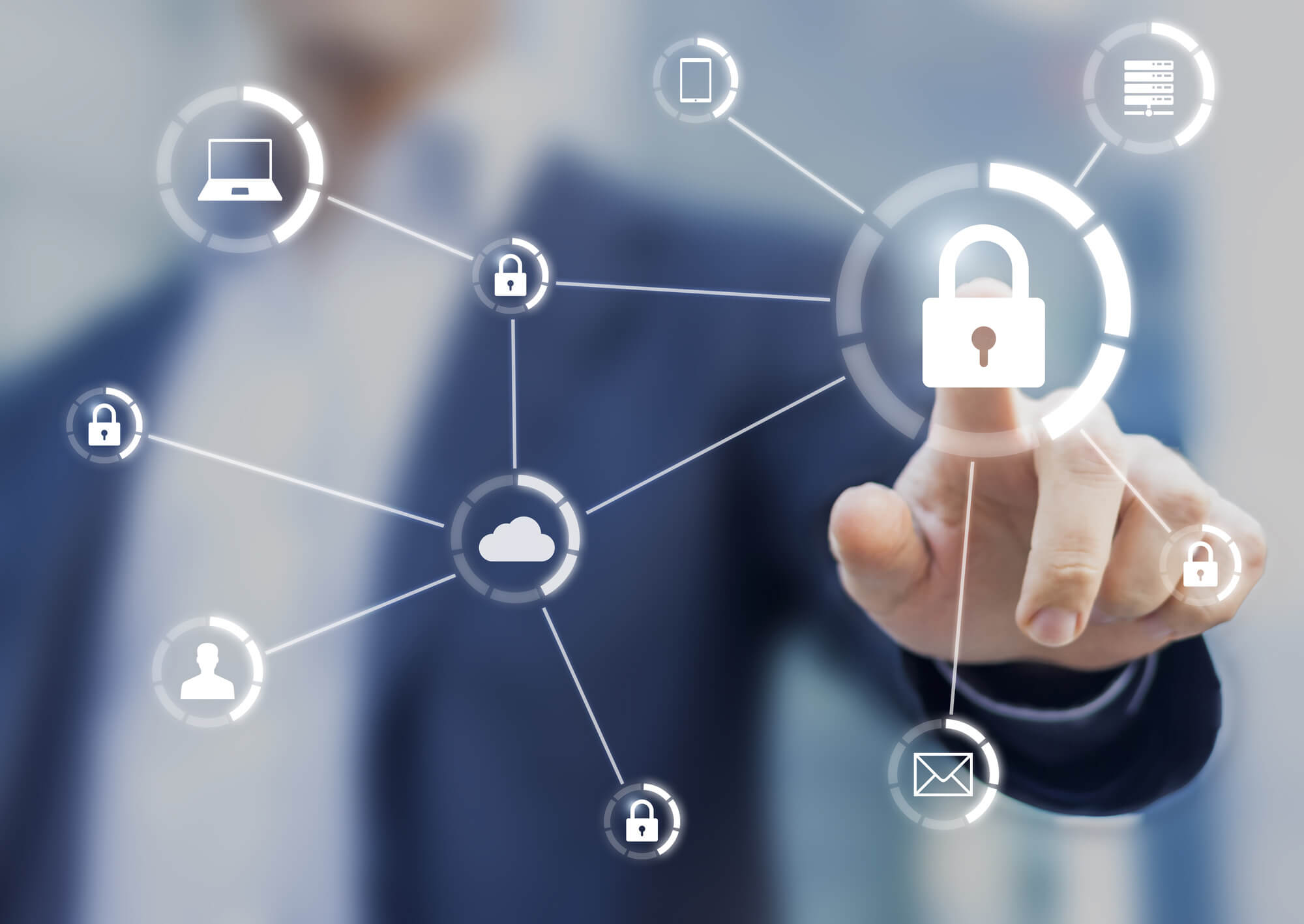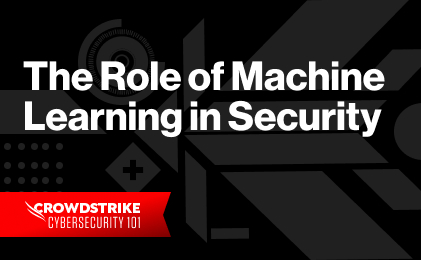
The world runs on technology, and if you don’t have a computer, there’s no way you can succeed in the business world. You need ways to connect with people thousands of miles away, and ways to create and control the flow of information. Even if technology is so important, it’s also incredibly vulnerable.
Computer security is one of the most misunderstood parts of the technology industry. Many people think it’s about coding programs so that hackers can’t break into them. They think that computer security is about handling bits and bytes, protecting networks from malicious users.
While those are all important parts of it, there are simpler parts to computer security and those are far more important. These are the parts that involve average users. The most important part of computer security is making sure that everyone understands that they play a role in securing a company’s computer systems.
And it’s up to you to communicate that — you need to make sure everyone understands they’re a part of computer security. You can do that by making sure they avoid common cybersecurity traps. And to learn about some traps everyone should know about, keep reading below!
1. For Good Computer Security, You Need Physical Security
The first part of cybersecurity is actual security. Before you can worry about how information is transferred between systems, you need to make sure nobody can simply break in and steal your computers. Chances are though, you’re already doing that.
Your building probably has security cameras, locks on its doors, and all other basic security features. However, it may not control who has access to different rooms. You don’t want just anybody to have access to your servers and cables, and people should only be allowed to go where they need to go.
Consider investing a keycard system to control who has access to different parts of your building, and to different networks. The first step to effective cybersecurity is effective physical security, after all.
Create Security Policies, and Enforce Those Policies
After making sure your building is secure against people who would steal technology, you need to make sure people know how to protect it. It’s your job to create security policies that are both effective and easy to follow. You need to guide people on how to use technology so that they don’t accidentally endanger everyone.
After creating policies on how to use technology safely, you need to enforce those policies. And that means doing more than just printing out guidelines for people to refer to. You need to monitor people’s profiles on company equipment and watch how they use it.
If you notice anything that goes against company policy — address it. Talk to your employees and make sure they change their behaviors if they’re caught going against the policy.
2. Encrypt Everything
After securing your company’s technology against physical thieves and ensuring your employees use it right, you need to make sure your information is safe. Just like how thieves can steal your technology, they can also steal your information. It just isn’t as easy to protect it.
The most common way they steal your information is by intercepting it as its transmitted. Man-in-the-middle attacks are some of the simples ones to pull off, and they can have devastating consequences. If someone is intercepting your information, they can learn your passwords, financial information, or worse.
Make sure you only connect to websites that use SSL certificates, and that traffic on your own network is encrypted. Most modern browsers have encryption tools built into them, but there are other tools you can use for additional security.
3. Stay Updated on The Latest Technology News
Cybersecurity is a constantly changing field; it changes quicker than the technology industry itself. That’s because it’s about more than just technology and bits and code. Cybersecurity means staying ahead of digital bands of criminals, with human motivations and human characteristics.
To be good at cybersecurity, you need to update more than your equipment. You need to stay updated on the latest trends in the industry, and to do that you need to collect news about it. Make sure you get your news from a trusted source, and that you understand all the information you get.
Making a misstep because you have the wrong information can reveal sensitive information about your company. It can cost your company revenue, and the trust it has with its customers.
Information is Power — That’s Why Hackers Want It
Some hackers want to break into systems just because they know they can sell the information they find on it. For several cyber-criminals, hacking is just about making a quick dollar. Yet, for several others, hacking is about finding power over others.
The more information someone has about a company, or even an individual, the more they can make them do. And so, if you get hacked, you’re not just losing sensitive information. You can lose your autonomy.
Yet, you can play the same game with other hackers and learn about them. You can participate in some of the discussions hackers have and listen in on what they say. Most of the time, they talk out in the open on public servers on platforms like Discord.
Or, you can just keep reading cybersecurity news and stay ahead of cybercriminals that way. The more information you have, the better off you’ll be.
4. Nibbling on Phishing Scams Threatens Your Whole Business
Phishing scams are some of the easiest kinds to pull off, and they can also be the most dangerous. These scams try to convince people that they’re talking with a legitimate company like Google or Facebook. In reality, people are talking with a hacker instead.
The information they would provide to Google or Facebook, they give to a random hacker. And then, the hacker can run off with a person’s information without them realizing they were hacked.
To stay safe from these kinds of hacks, make sure you’re actually connecting to major websites. Look for small details that wouldn’t be on a legitimate website’s platform. And if anything seems wrong, back away and contact someone through a customer service phone number. It’s better to speak with an actual person.
Cybersecurity Protects More Than Your Company
Investing in computer security doesn’t just protect your information and your company’s equipment. It also protects your peace of mind, and it protects all the people involved in your company. Leaking even the slightest bit of information can be enough for hackers to learn private information about someone.
When it comes to cybersecurity, it’s vital that you have the best. Contact us and we’ll make sure you’re protected from digital criminals. That way, you can focus on what you do best — running your business!
Ludovic Levivier
Founder & CEO, LINC Project, INC. a Managed Service Provider in New York and San Francisco



.png?width=306&height=50&name=Logo_width.jpg(2).png)


